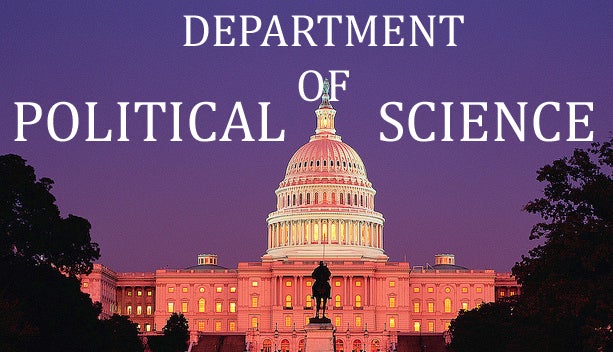“April 29 marks President Joe Biden’s 100th day in office, a milestone that is traditionally used to evaluate whether a president is keeping or deviating from their campaign promises. The Onion evaluates whether Biden kept his campaign promises.”
Stimulus Checks
Promise Kept: Americans received all $1,400 they were always promised.
Create A Cabinet That “Looks Like America”
Promise Broken: Not one cabinet member is shaped like Illinois.
Immigration
Working On It: Biden has completed nearly all the paperwork to become a U.S. citizen.
Kill Or Capture Osama bin Laden
Promise Kept: When making a checklist, it’s good to include something already in the bank.
Police Oversight Commission
Promise Broken: Some promises are made to be broken.
Stop Border Wall Construction
Promise Kept: Biden diverted all border wall materials into building much-needed border fencing.
To Be There
Promise Broken: The auditorium was packed for the dance recital, but Biden’s seat was empty.
Not Being Donald Trump
Promise Kept: His most popular campaign promise, pundits are debating whether this accomplishment alone can carry him through to a second term.
Remaining Alive
Working On It: Some close calls resulted in Kamala Harris being president for an afternoon here and there.
From https://www.theonion.com/biden-s-first-100-days-did-he-keep-his-campaign-promis-1846775428.


